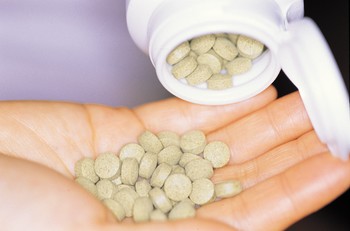 |
|
EU to provide incentives for "orphan" drugs - News
Since the beginning of this month companies have been able to apply to the London based European Agency for the Evaluation of Medicinal Products to designate their candidate medicines as "orphan medicinal products." If the status is granted, companies can benefit from a range of incentives, including market exclusivity and the possibility of fee exemptions for marketing authorisation activities. This, it is hoped, will encourage research in areas that might not initially be considered financially viable and will benefit patients not only in Europe but also in developing countries as diseases such as malaria or sleeping sickness would be eligible. The scheme was first announced in May last year (BMJ 1999;318:1234). Under the legislation, companies will have to provide data proving that their product is "intended for the diagnosis, prevention, or treatment of a life threatening or chronically debilitating condition affecting not more than five in 10 000 persons" in the European Union. They will also have to supply financial details on the costs involved and on estimated production and marketing expenditure for the first 10 years after the product is authorised, as well as on anticipated revenue during that period. When deciding whether to grant the authorisation, the European Agency for the Evaluation of Medicinal Products will also examine whether another satisfactory method of diagnosis, prevention, or treatment already exists. The EU legislation is modelled on arrangements that have been in place in the United States since 1983 and which have since been introduced in Japan, Australia, and Singapore. |
Copyright 2026 Fstradio.com All rights reserved.
|

 The European Union has introduced new legislation designed to encourage pharmaceutical companies to develop treatments for "orphan" (rare) diseases that affect fewer than five people in every 10000 within the 15 member bloc.
The European Union has introduced new legislation designed to encourage pharmaceutical companies to develop treatments for "orphan" (rare) diseases that affect fewer than five people in every 10000 within the 15 member bloc.